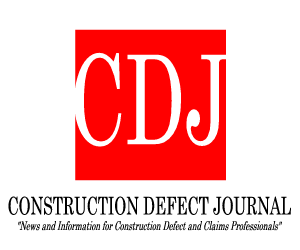
Most cases settle before they reach trial, in large part, because of ADR.
Mediation
Mediation is a process in which a neutral person or persons facilitate communication between the disputants to assist them in reaching a mutually acceptable settlement agreement. During this process, a neutral third party, with no decision-making power, intervenes in the dispute to help the litigants voluntarily reach their own agreement. Through a series of discussions, statements and private caucuses between the parties and the mediator, the process lets both parties negotiate and agree to a resolution with which everyone can abide. It is an excellent method of bringing a dispute to a conclusion without the further uncertainty and expense of litigation.
Arbitration
Arbitration, in addition to mediation, is one of the most common methods of alternative dispute resolution (“ADR”), whereby the parties bring a dispute before a disinterested third party who is typically selected by both parties. An arbitrator hears evidence presented by the parties, makes legal rulings, determines facts and makes an arbitration award. Arbitration awards may be entered as judgments in accordance with the agreement of the parties or, where there is no agreement, in accordance with California statutes. Arbitrations can be binding or non-binding, as agreed by the parties in writing. In most cases, the arbitrator’s decision is binding and final.
When is it Appropriate to Engage in Mediation and/or Arbitration?
Mediation can be held at any time, before or during a lawsuit. It is a voluntary process, where both sides simply agree to go to mediation in an effort to get the case settled. Sometimes, it is a contractually required process for the parties to complete prior to going to litigation or arbitration. Typically, in this situation, if a party ignores this requirement and fails to participate in a contractually mandated mediation, they will lose their rights to recover attorneys’ fees and costs – even if they ultimately prevail. Other times, mediation is strongly encouraged by the judge if a lawsuit has already been filed, and some would even say, ordered by the court (though it is typically not called “mediation” but something very similar like a “Dispute Resolution Conference” or “Mandatory Settlement Conference”).
Ms. Haefele may be contacted at bhaefele@porterlaw.com




